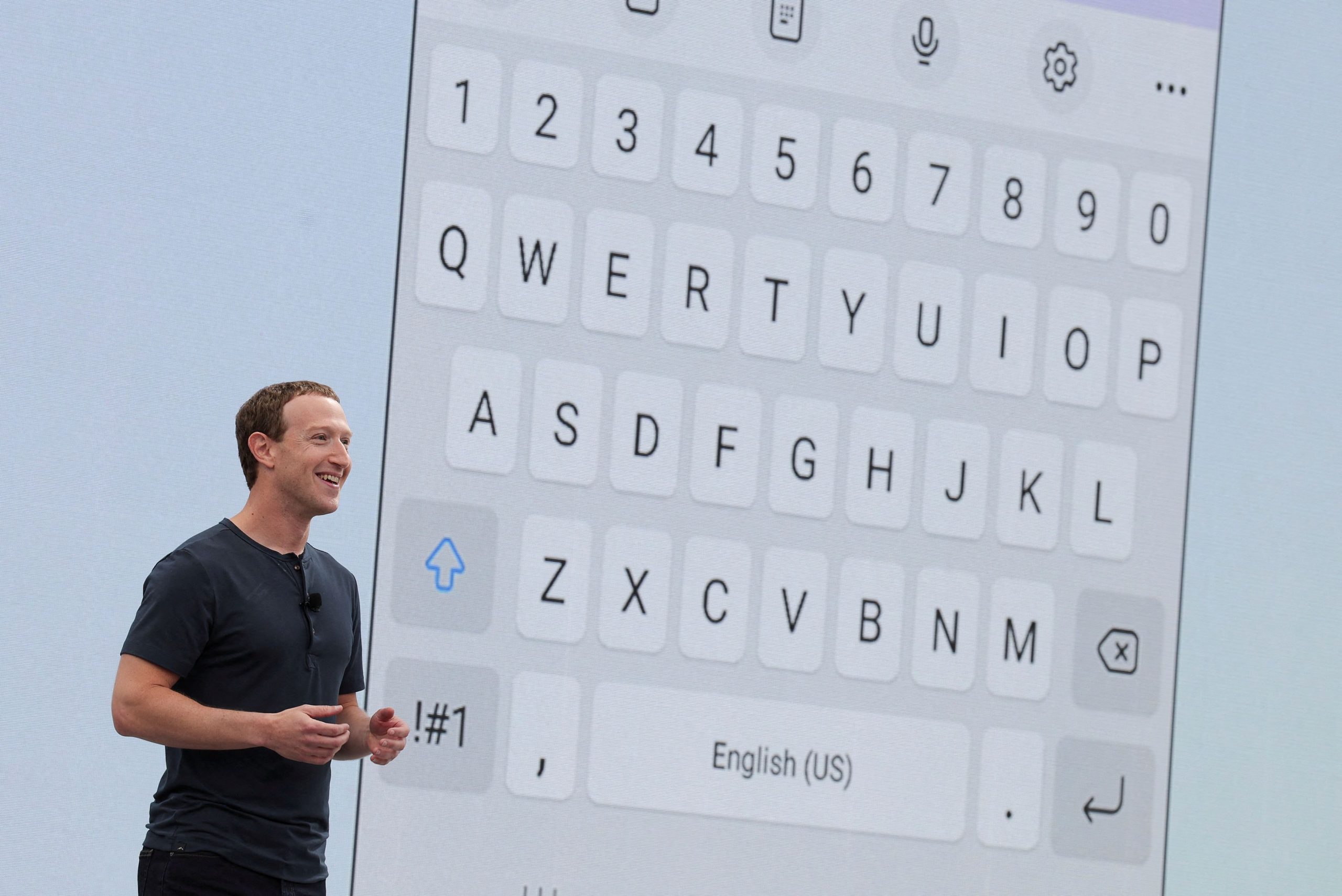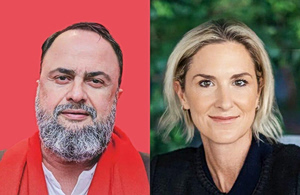Meta Platforms is ending fact-checking and removing restrictions on speech across Facebook and Instagram, a move Chief Executive Mark Zuckerberg said was an attempt to restore free expression on its platforms.
“We’re going to get back to our roots and focus on reducing mistakes, simplifying our policies and restoring free expression on our platforms,” Zuckerberg said in a video Tuesday. “More specifically, we’re going to get rid of fact-checkers and replace them with Community Notes similar to X, starting in the U.S.”
The pivot comes as Zuckerberg has looked to build ties with the incoming Trump administration. The day before Thanksgiving, the billionaire CEO dined with Donald Trump on a patio at the president-elect’s private Mar-a-Lago club. Meta has since donated $1 million to Trump’s inaugural fund.
Last week the company installed a former aide to President George W. Bush , Joel Kaplan, as global policy chief executive , further boosting its Republican ties. Kaplan has been with Meta since 2011 and served as its conduit to Republicans in Washington and the broader conservative ecosystem.
The company on Monday said UFC President Dana White, a staunch supporter and ally of Trump, would be among three new members of its board of directors.
Other companies and tech leaders have been cozying up to the incoming administration. Amazon.com and Uber Technologies as well as OpenAI CEO Sam Altman have announced similar donations to the president-elect’s inaugural fund.
Meta’s decision to remove restrictions on certain types of speech echoes the approach taken by Elon Musk after he bought X, then called Twitter, in 2022.
Musk, who has become the CEO closest to Trump and was a top financial backer during the campaign, has long pushed to promote free speech. Musk has criticized Zuckerberg’s platforms for removing content seen to violate its community standards. In December, he reposted a post accusing Meta’s platforms of censoring conservative voices.
Speaking about Meta’s attempts to weed out damaging or dangerous content that violates its policies and puts users at risk, Zuckerberg said it had gone too far.
“We’ve reached a point where it’s just too many mistakes and too much censorship,” he said. “The recent elections also feel like a cultural tipping point towards once again prioritizing speech.”
Zuckerberg directly referenced Trump several times in the video, criticizing the legacy media for their coverage of his first term in office. He also said that fact-checkers had become “too politically biased.”
The company also announced it would be relocating what it calls the “trust and safety teams” responsible for writing policy and reviewing content from California to Texas and other U.S. locations.
Meta implemented its third-party fact-checking function after the 2016 election in what it has said was an effort to restrict misinformation and the spread of false news on its platforms.
In 2019 the company drew the ire of some employees when it said it wouldn’t fact-check paid-for advertising by political candidates. undefined undefined “Free speech and paid speech are not the same thing,” the employees said in an open letter to Facebook in October 2019. They argued that exempting candidates’ ads from fact checking “allows politicians to weaponize our platform by targeting people who believe that content posted by political figures is trustworthy.”
In response to the letter, the company said it welcomed internal debate and criticism of its policies.
Write to Gareth Vipers at gareth.vipers@wsj.com



